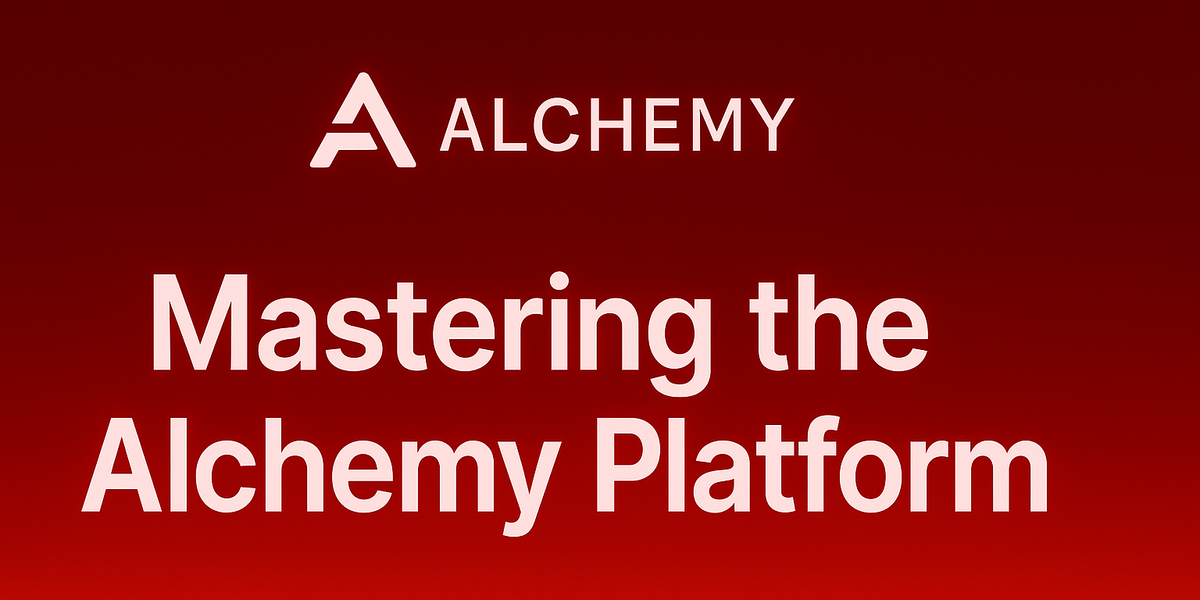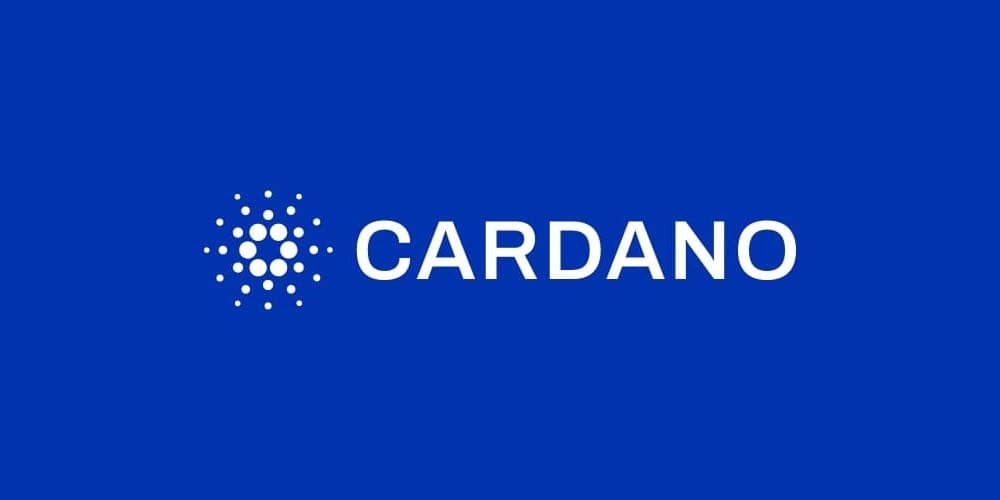BNB Chain is preparing to undergo the significant Pascal Hardfork, scheduled for March 20. This upgrade will bring improvements in Ethereum Virtual Machine (EVM) compatibility and introduce a range of enhancements designed to provide developers with greater flexibility and bolster security across the BNB Smart Chain (BSC). By integrating key changes such as native smart contract wallets and cryptographic optimizations, the update aims to elevate efficiency, scalability, and the overall developer experience. With these advancements, developers will be able to build more powerful applications, while users can benefit from enhanced transaction security and streamlined interactions. The integration of features from Ethereum’s latest upgrades ensures that BSC remains a leading smart contract platform.
Key Features of the Pascal Hardfork
The Pascal Hardfork introduces several groundbreaking updates, influenced by Ethereum’s Pectra upgrade, making Binance Smart Chain more in line with Ethereum’s infrastructure. By doing so, the hardfork enhances interoperability and ensures that developers can more easily build cross-chain applications with minimal modifications. Some of the most notable enhancements include:
- Enhanced EVM Compatibility: The hardfork incorporates Ethereum Improvement Proposal EIP-7702, which plays a crucial role in facilitating better account abstraction and enabling more advanced smart contract functionalities. This expansion allows developers to deploy more flexible and user-centric decentralized applications.
- Smart Contract Wallets: One of the most significant additions is the introduction of native smart contract wallets. These wallets support features such as multi-signature verification, customizable spending limits, and batch transactions. By improving security and usability, these wallets provide a safer and more efficient environment for managing blockchain assets.
- BEP-439 Integration: The additional support for the BLS12-381 cryptographic curve allows for enhanced cryptographic operations, improving transaction efficiency, reducing memory consumption, and strengthening overall blockchain security.
- Automatic Upgrades: Regular users will experience a seamless transition without needing to take any action. However, node operators, exchanges, and dApp developers must update their software to maintain compatibility and avoid synchronization issues.
Developer and User Impact
For blockchain developers building on BSC, the Pascal Hardfork introduces significant improvements that simplify development workflows and offer greater flexibility in dApp creation. With native support for smart contract wallets, developers can integrate seamless transaction processes that lower fees and improve efficiency. Meanwhile, features like batch transactions streamline execution, while improvements in account abstraction offer user-friendly authentication mechanisms.
For end-users, the changes brought by the Pascal Hardfork will likely impact gas fees and transaction processing. The modifications in gas fee structure might cause slight fluctuations in costs, particularly during the initial transition phase. While fees are expected to remain relatively stable, users are encouraged to monitor their transaction expenses to assess any variations that may arise due to the upgrade.
Challenges and Considerations
Every major blockchain upgrade brings its own set of challenges, and the Pascal Hardfork is no exception. Validators and node operators must upgrade to the latest BSC version (v1.5.7) to prevent potential network desynchronization, ensuring smooth network operations. Similarly, cryptocurrency exchanges supporting BSC-based assets need to implement the latest software updates to prevent any transaction disruptions.
The success of the Pascal Hardfork ultimately hinges on smooth adoption across the BNB Chain ecosystem. Previous upgrades, such as the Maxwell and Lorentz hardforks, focused on enhancing processing speed by reducing block intervals. The Pascal Hardfork continues this trend by improving security, efficiency, and overall blockchain resilience. If executed successfully, this upgrade will serve as a foundation for further optimizations that benefit both developers and users in the long run.
Conclusion
The Pascal Hardfork represents a critical step forward in the technical evolution of BNB Chain. By enhancing compatibility with Ethereum’s infrastructure and integrating key developer-focused features, BSC further solidifies its position as a premier smart contract platform. Though the upgrade may introduce short-term adjustments, such as requiring node operators and developers to update their applications, these changes are essential for long-term scalability and security improvements.
With the March 20 launch approaching, the BNB Chain community must prepare to transition smoothly. Developers should take this opportunity to test their applications on the updated testnet, ensuring that all smart contract functionalities remain fully operational. Meanwhile, users can look forward to improved transaction mechanics, better cryptographic security, and an overall enhanced blockchain experience. By embracing these updates, BSC continues to innovate and expand the capabilities of decentralized applications, driving the broader adoption of blockchain technology.





Comments